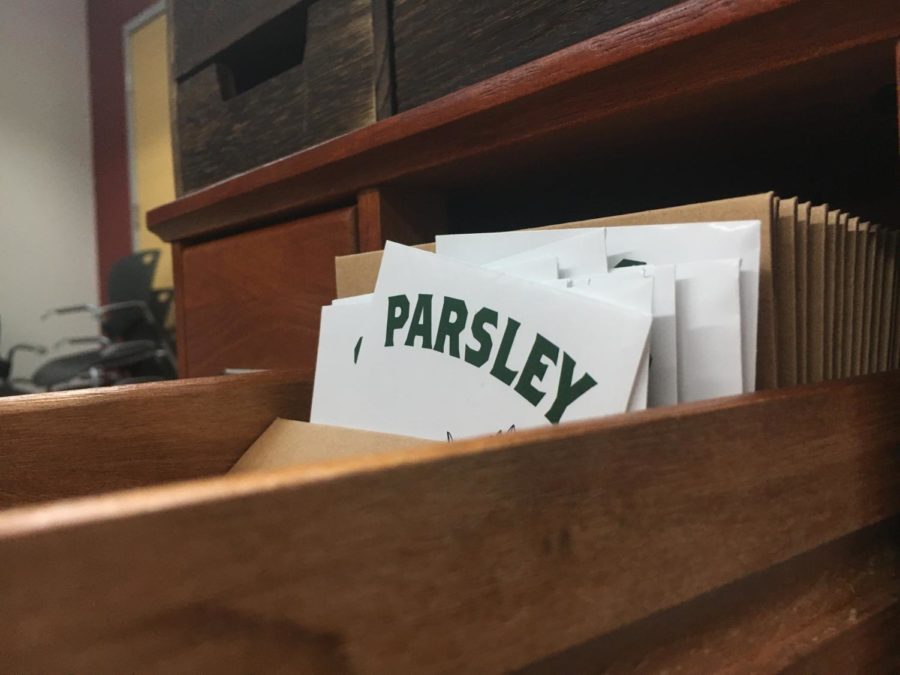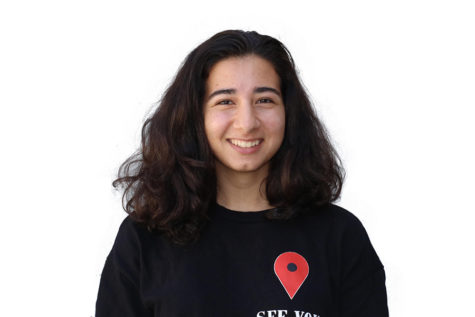Earth is dying.
That is the conclusion that many people may draw just by viewing their Instagram stories, which urge them to protect the environment through donations, or that one like equals one more step in saving the planet.
But is there a way that would help us get more involved?
Every third Sunday of the month, the Belmont Library plans on hosting workshops on sustainable living and how people can apply it to their own lives. In these workshops, the speaker and initiator Gladwyn d’Souza will be teaching patrons on how to store seeds, grow plants, and cook them.
“The city of Belmont, the library, and d’Souza have teamed up in order to make the sustainable living initiative. It is the city and the Belmont Library’s strategic priority to install green practices,” said Theresa Saito, a librarian. “Our big goal is to make sure we are being environmentally friendly.”
In its initiative to promote sustainability in the community, the library has also decided to create a new “seed library.” Library members could check out seeds to plant in their gardens, and later return them at the end of the season.
“We will probably end up separating the seeds based on type,” Saito said. “The native, organic, and non-organic seeds will probably be in separate sections.”
During the first workshop, d’Souza went in to cover the importance of saving seeds and planting one’s own food. These reasons not only included the health benefits, but also the issues of insect extinction, which affect both plants and consumers.
“In some places, there are no insects left to pollinate the food,” d’Souza said. “Planting food in your own gardens is a way of preserving a biodiverse environment and its species.”
Not only would planting food help the insects and potentially prevent their extinction, but it could also have other benefits.
“There are many reasons why you should save seeds and plant your own gardens. First is taste, because the food you grow in your own garden tastes far better than the bland food you get at the supermarkets,” d’Souza said. “The second is species variety. For example, supermarkets typically have only one or two types of tomatoes, while you can grow whichever breed you want. The third is biodiversity, which would help the insects’ collapsing world.”
D’Souza is not the only member of the Belmont community that grows their own plants. In fact, many others also grow their own foods.
“I think that growing foods in your garden really changes your perspective. It’s fun, it makes you appreciate our environment, and self-grown is far better than what you can get at the store,” said Kathy Fetter, who attended the workshop. “I’m just doing my part, and I think it’s satisfying.”
Growing one’s own food and plants is still a viable option for those who do not have their own gardens or backyards.
“Herbs are the easiest plants to grow,” d’Souza said. “Plants like mint, parsley, and basil could be easily grown and taken care of, even in an apartment.”
Taking some time to grow one’s own food is beneficial not only for one’s health, but also for environmental reasons because it provides people with locally grown healthy produce and helps the dying insect world survive.
“If everyone grew a little something in their backyard and we put all of those backyards together, we could create a habitat,” Fetter said. “I don’t think that it’s too late. There’s always something we can do.”


